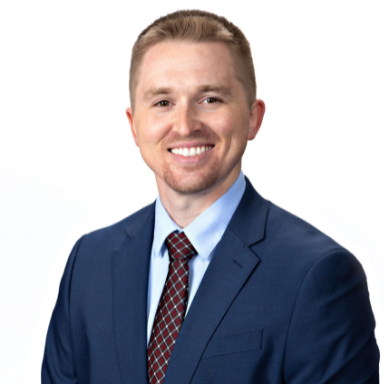Helping others is a noble aspiration, and it doesn’t need to be confined to your estate plan for after you pass away.
Giving during your lifetime can take many forms, one of which is using qualified charitable distributions (QCDs). This option can reduce your tax liability, as it involves donating pre-tax dollars before they become taxable income as a required minimum distribution (RMD).
Let’s explore how you can make QCDs work for you.
Maximize your tax benefits through QCDs
Philanthropy is often reward enough, but charity and tax deductions seemingly go hand in hand. As the standard deduction has risen to $13,850 for individuals in 2023 (double for those married filing jointly), you may want to consider giving strategies that don’t require itemizing on your tax return. A QCD is a great way to carry out your charitable intent without itemizing while also reducing your taxable income.
The age at which you must begin taking distributions from your IRA has increased over the past few years from 70 1/2 to 73. These distributions are generally treated as taxable income once they start. However, IRA owners are allowed to make qualified charitable distributions of up to $100,000 directly from their IRAs to a charity without getting taxed on the distribution, thanks to the Protecting Americans from Tax Hikes (PATH) Act of 2015. Basically, you can satisfy your RMD amount without reporting additional income.
There is another important benefit: When a QCD is used to satisfy an RMD, that amount is also excluded from tax formulas that could impact multiple categories such as Social Security taxation, Medicare Part B and D premiums, and the Medicare tax on investment income.
Rules to follow
You must be eligible
You must be age 70 1/2 or older at the time of the QCD (but remember, RMDs now begin at age 73). QCDs from ongoing simplified employee pensions (SEPs) and SIMPLE IRAs are not permitted.
There is an annual limit
Your QCD cannot exceed $100,000 per tax year, even if your RMD is greater than $100,000. New legislation, the SECURE Act 2.0, now indexes this $100,000 limit for inflation in 2024.
Only qualified organizations count
The IRA trustee or custodian must make the distribution directly to a qualifying charity (private foundations and donor-advised funds are not eligible). For instance, you cannot take the distribution yourself and then write a check to the charity.
Give today to leave a real-time legacy
By donating an RMD to a qualified charity, you can enjoy the satisfaction of knowing you are helping a worthy cause while simultaneously reducing your taxable income. This strategy also helps you live out your values in real time, effectively leaving your legacy in the here and now.
To learn more and to develop a giving plan that also supports your long-term goals, talk with your financial and tax advisors.
The foregoing information has been obtained from sources considered to be reliable, but we do not guarantee that it is accurate or complete, it is not statement of all available data necessary for making an investment decision, and it does not constitute a recommendation. Any opinions are those of Aaron Meyer and not necessarily those of Raymond James. Raymond James does not provide tax or legal services. Please discuss these matters with the appropriate professional.

